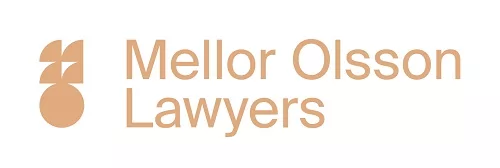The issue of availability of housing to rent has been drawing headlines for a significant time and remains an issue across the State.
Whilst not necessarily directly related to rental availability, changes to the Residential Tenancies Act started to take effect as of 1 July 2024. These changes have the potential to have a significant impact on both landlords and tenants. It is important to note that these changes are further to earlier changes which came into effect earlier this year, which did things like banning the soliciting of rent bidding.
Amongst the raft of changes that took effect from 1 July 2024 are the following:
- landlords must provide tenants with a prescribed reason to terminate a periodic tenancy or not renew a fixed term tenancy. The reasons that can be given are set out in the Residential Tenancies Regulations and include matters such as certain tenant breaches, the sale of the property sale with vacant possession, renovations that aren't possible with a tenant, or personal use by the landlord.
- the notice period for ending a fixed-term tenancy has been increased from 28 days to 60 days, the purpose of which is to give tenants more time to secure new accommodation.
- landlords are limited to conducting a maximum of four routine inspections per year.
- a significant change is the allowance for tenants to keep pets in rental properties. Landlords can no longer impose blanket bans on pets, although a landlord will be able to impose 'reasonable conditions'- what is reasonable may vary depending on the type of pet and the nature of the premises. 'Reasonable' conditions might include confining pets to outdoor areas or requiring tenants to clean carpets upon vacating. Landlords can refuse pet requests only on limited grounds, such as if the number of pets exceeds a reasonable limit or the property is not suitable (for example, it lacks suitable fencing).
- the reforms also introduce mandatory housing standards that all rental properties must adhere to, aimed at ensuring safer and healthier living conditions. The housing standards are prescribed in under the Housing Improvement Act).
- tenants can request urgent repairs if properties fail to meet the mandatory housing standards.
- additionally, the reforms provide enhanced support for victims of domestic violence, allowing them to terminate tenancies immediately without needing to apply to the South Australian Civil and Administrative Tribunal.
As these changes take effect, stakeholders in the rental housing sector will need to adapt to the new legal landscape- only time will tell with their full impact.
This article featured in The Stock Journal in August, 2025.
The content of this article is intended to provide a general guide to the subject matter. Specialist advice should be sought about your specific circumstances.


